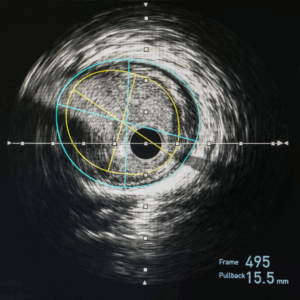FSH & LH Levels Test
The FSH (Follicle-Stimulating Hormone) and LH (Luteinizing Hormone) tests measure the levels of these critical hormones, which are essential for regulating the female menstrual cycle, reproductive function, and overall hormonal balance. Both hormones are produced by the pituitary gland and play key roles in fertility, ovulation, and the production of estrogen and progesterone. Monitoring FSH and LH levels is essential for diagnosing and managing conditions related to fertility, menopause, and menstrual disorders.
Why It Matters:
-
Fertility and ovulation: FSH and LH are essential for ovulation and sperm production. A surge in LH levels triggers ovulation, while FSH stimulates the growth of ovarian follicles. Imbalances can indicate fertility issues in both men and women.
-
Menstrual cycle regulation: In women, FSH and LH levels fluctuate throughout the menstrual cycle. Abnormal levels may indicate problems like polycystic ovary syndrome (PCOS), ovarian insufficiency, or primary ovarian failure.
-
Menopause and perimenopause: As women approach menopause, FSH levels typically rise due to reduced ovarian function. Elevated FSH levels can help diagnose perimenopause and confirm menopause in postmenopausal women.
-
Pituitary disorders: Since FSH and LH are produced by the pituitary gland, abnormal levels may suggest pituitary dysfunction, which can impact reproductive and hormonal health.
-
Hypogonadism in men: In men, FSH and LH levels help assess testicular function and testosterone production. High levels of FSH and LH in men may indicate primary hypogonadism, where the testes are not producing adequate testosterone.
When to Consider an FSH & LH Test:
-
Infertility or difficulty conceiving: For women struggling with conception, FSH and LH tests can help determine if ovulation is occurring and assess ovarian reserve.
-
Menstrual irregularities: If you experience irregular periods, heavy bleeding, or missed periods, these tests can help diagnose conditions such as PCOS, ovarian insufficiency, or menopause.
-
Perimenopause and menopause: To assess hormonal changes associated with perimenopause or confirm menopause in women over 45.
-
PCOS diagnosis: For women suspected of having polycystic ovary syndrome (PCOS), elevated LH levels relative to FSH are a common feature of the condition.
-
Evaluation of pituitary function: If there are signs of pituitary dysfunction, such as unexplained hormonal imbalances or symptoms of low or high testosterone, an FSH and LH test may be part of the diagnostic process.
-
Testing for low testosterone in men: For men with symptoms of low testosterone, such as fatigue, low libido, or erectile dysfunction, FSH and LH levels can help determine if the issue is due to a problem with the testes or the pituitary gland.











Reviews
There are no reviews yet.